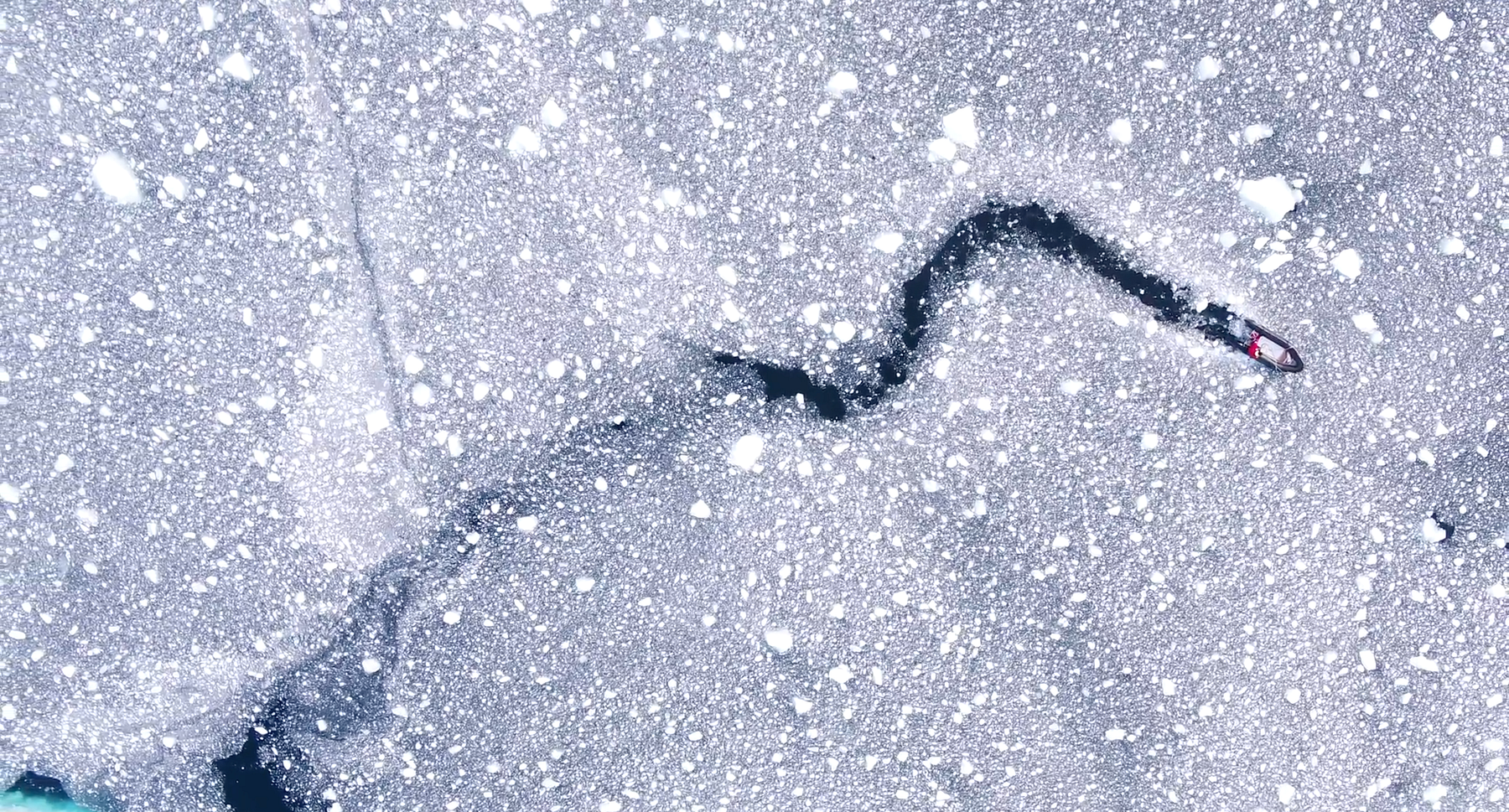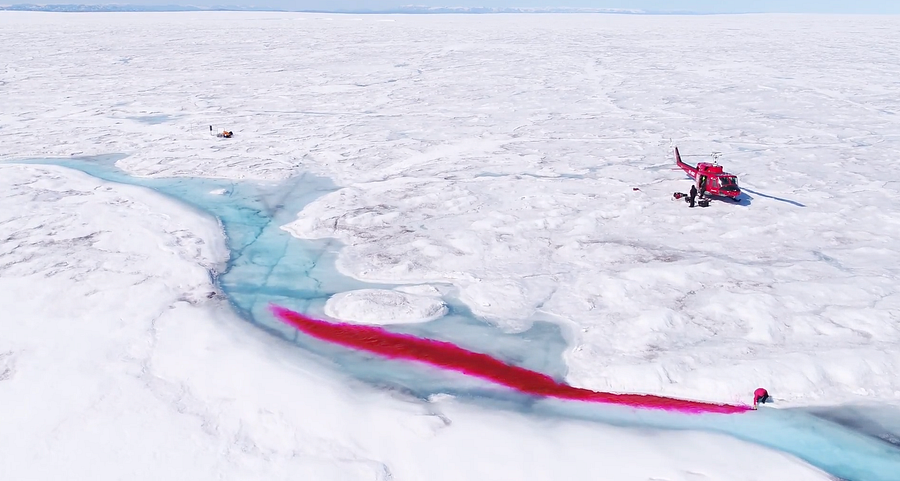
This month, The New York Times published an ambitious 30,000 word feature by Nathaniel Rich on how humanity missed its window to address climate change. In the decade of 01979–01989, Rich argues, the world came closer than it ever had to agreeing upon a binding, global framework to reduce carbon emissions.
“During those years,” Rich writes, “the conditions for success could not have been more favorable. The obstacles we blame for our current inaction had yet to emerge. Almost nothing stood in our way — nothing except ourselves.”
Based on eighteen months of reporting and over a hundred interviews, Rich’s piece is vivid and compelling. It offers a fascinating and often frustrating look at how close things were to turning out differently. Above all, it is a warning about the long-term impacts of short-term thinking.

“There’s a huge opportunity with climate change,” Rich said in an interview on the Longform podcast. “Because we talk a lot about the political issue with it, the industry story and the scientific story, but we don’t talk about the human story. And I would say that not only is it a big human story, but it is the human story. … With every step of the ladder that we’ve advanced, we’re borrowing from our future. I don’t think we’ve reckoned with that in a serious way.”
The piece, however, is not without its critics. A number of journalists, historians, and climate scientists believe Rich’s piece lets the Republican Party and the fossil fuel industry off the hook. Much of Rich’s argument rests on the claim that the two groups weren’t so opposed to climate change policies in the 01980s.

Robinson Meyer of The Atlantic argues that that simply doesn’t square with the facts — facts that are discussed in Rich’s own piece:
Again and again, [Rich] describes the Reagan administration going out of its way to thwart climate science and policy. […] If Rich seems a little too charitable to the G.O.P, he lets fossil-fuel interests off the hook entirely. It’s likely that oil executives knew humans were triggering climate change before Rich’s story even picks up. […] Some historians and researchers of the fossil-fuel industry have scratched their head at this element of Rich’s piece.
Rich, for his part, stands by his reporting. “I don’t equivocate about the role that the Republican party or industry has played since 01989,” he said on the Longform podcast. “And I also describe in great detail their engagement with the issue going back to the 01950s. I don’t feel like I misrepresented anything in the decade of the piece that I wrote about.”

Naomi Klein, writing in The Intercept, takes issue, above all, with Rich blaming “human nature” for our inability to deal with the crisis:
Why does it matter that Rich […] claims our fate has been sealed by “human nature”? It matters because if the force that interrupted the momentum toward action is “ourselves,” then the fatalistic headline on the cover of New York Times Magazine — “Losing Earth” — really is merited. If an inability to sacrifice in the short term for a shot at health and safety in the future is baked into our collective DNA, then we have no hope of turning things around in time to avert truly catastrophic warming.
If, on the other hand, we humans really were on the brink of saving ourselves in the ’80s, but were swamped by a tide of elite, free-market fanaticism — one that was opposed by millions of people around the world — then there is something quite concrete we can do about it. We can confront that economic order and try to replace it with something that is rooted in both human and planetary security, one that does not place the quest for growth and profit at all costs at its center.
Despite these criticisms, Rebecca Leber of Mother Jones praises “Losing Earth” for “expanding the conversation to include a broader audience” at a time when too few news outlets do serious reporting on climate change. “Even if reading this 30,000-word exploration doesn’t resolve the issue,” she writes, “it goes a long way to filling in more pieces of the puzzle.”
Learn More:
Read “Losing Earth” in full here.
Watch over 40 Long Now Seminars and Conversations At The Interval related to Climate Change, including:
- Kim Stanley Robinson, How Climate Will Evolve Government and Society (02016)
- Saul Griffith, Infrastructure and Climate Change (02015)
- Mark Lynas, The Nine Planetary Boundaries: Finessing the Anthropocene (02012)
- Laura Cunningham, Ten Millennia of California Ecology (02011)
- Gavin Newsom, Cities and Time (02009)
- Saul Griffith, Climate Change Recalculated (02009)
- Paul Ehrlich, The Dominant Animal: Human Evolution and the Environment (02008)
- Craig Venter, Joining 3.5 Billion Years of Microbial Invention (02008)
- Brian Fagan, We Are Not The First To Suffer Through Climate Change (02007)
- Francis Fukuyama, The End of History Revisited (02007)
- Ralph Cavanagh and Peter Schwartz, Nuclear Power, Climate Change, and the Next 10,000 Years (02006)